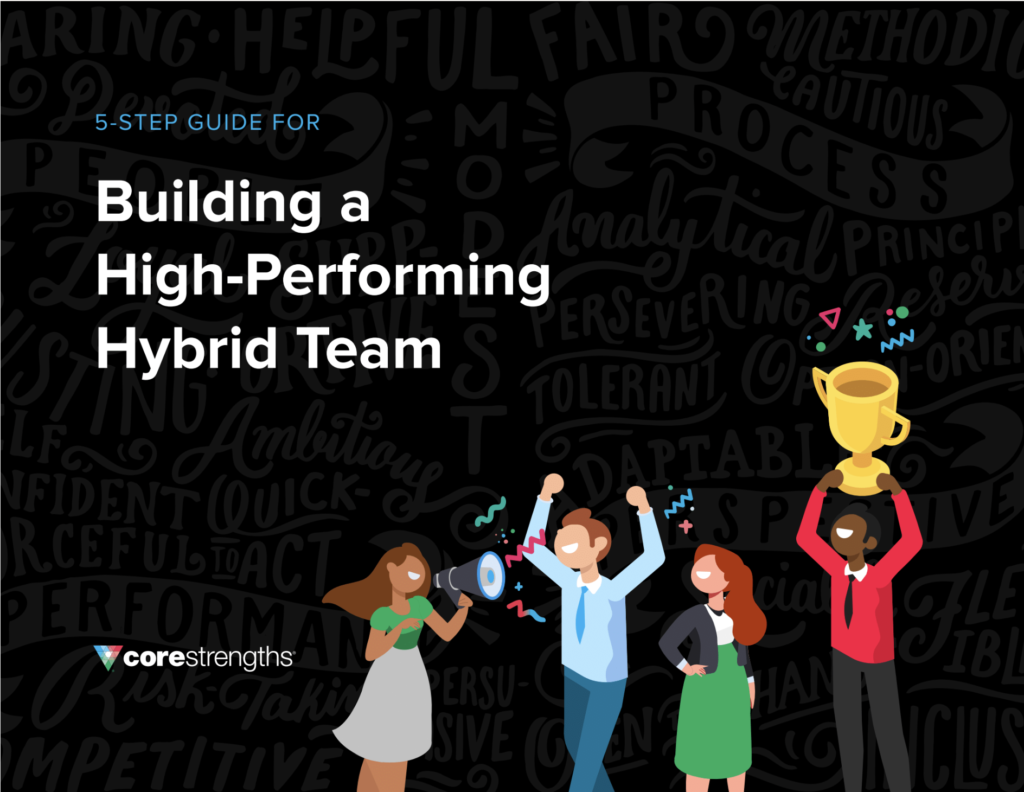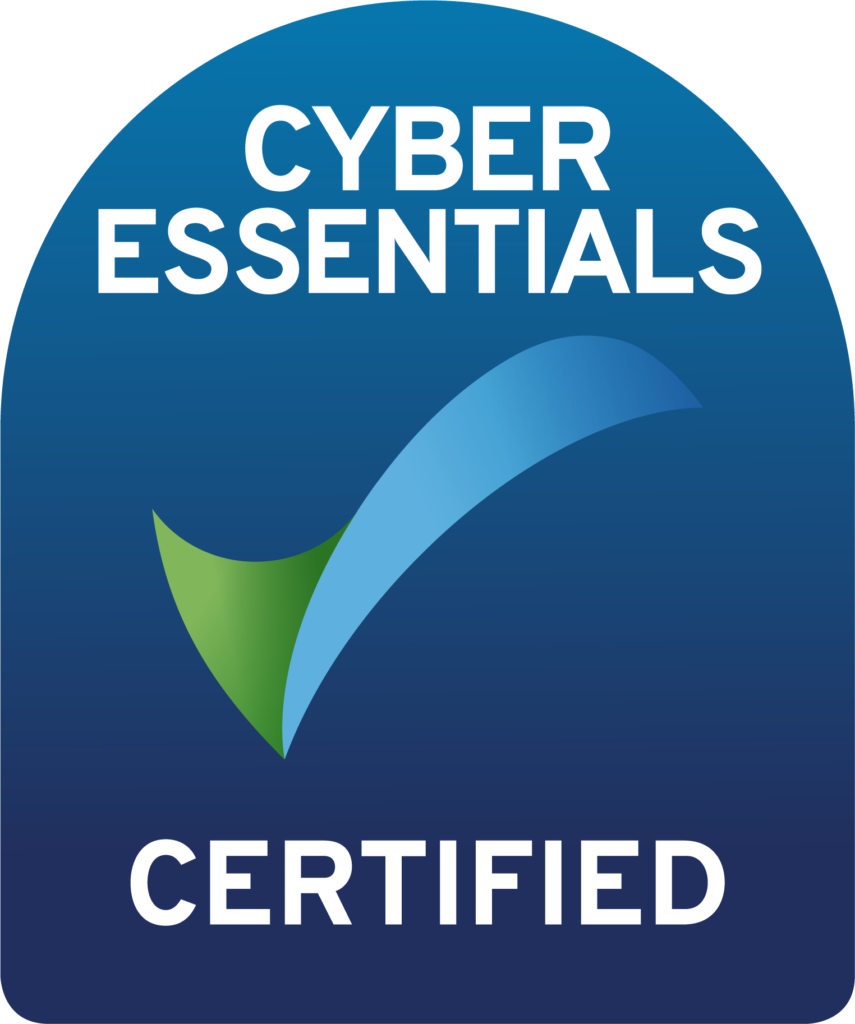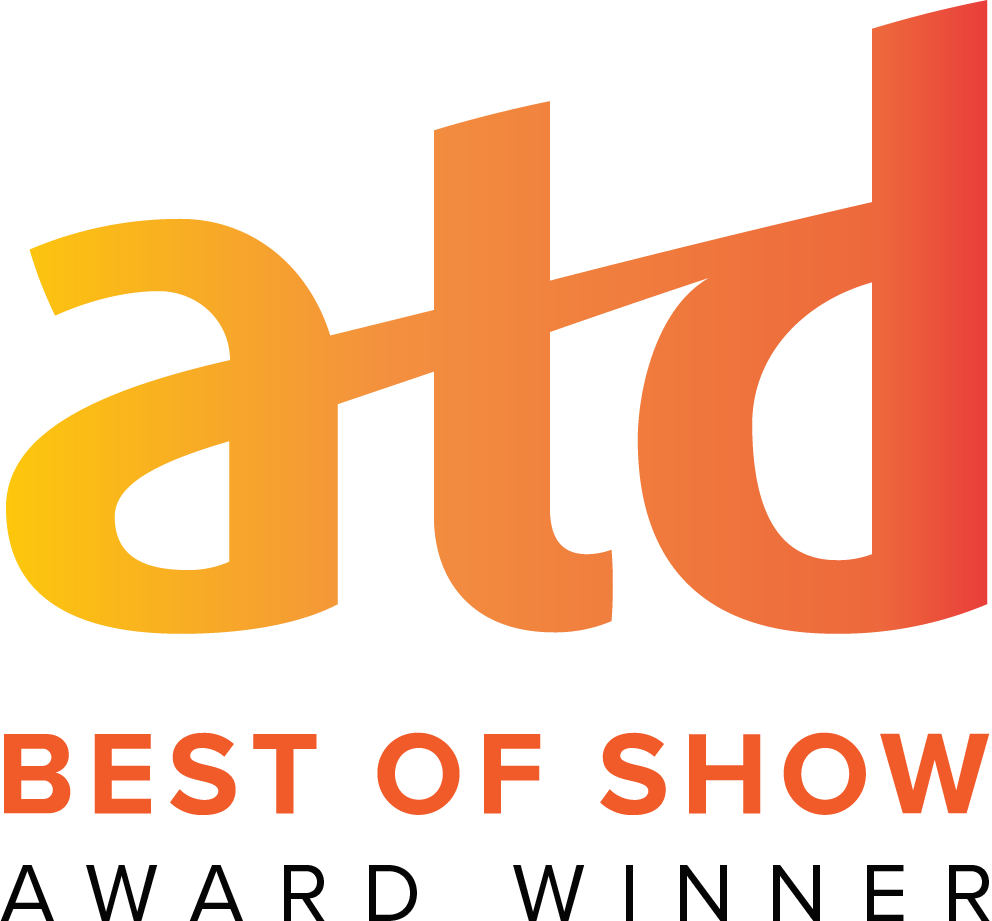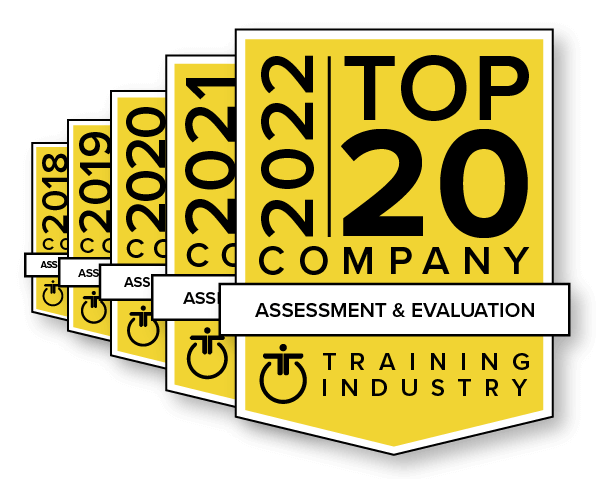‘Talent wins games, but teamwork and intelligence win championships.’
Michael Jordan
In our last post, which was part of our 5 Cs series, we considered the importance of effective communication in our previous blog, “Effective A-Team Communication.” Now, we want to consider how collaboration makes great teams even more effective. Getting a team to work well together is now harder than ever. Team structures are becoming increasingly more complex in today’s environment.
Most writers on effective teams are clear that it is imperative to have a common purpose that all of the team members buy into; they need a context of why the team exists. The key from our perspective is to communicate the team’s purpose and objectives in a way that resonates with all team members. To do this, we need to understand the audience we are communicating with.
So once we have a common purpose and clear, agreed-upon objectives, we can truly get started on what we believe are the essentials of an ultra-effective, ultra-collaborative team?
Trust in Teams
To work well together, all the team members must trust each other absolutely! Teams that trust each other are not looking for hidden agendas or hidden meaning; they recognize that we all have different values and different communication styles and look below the surface to the intention and motive behind the behavior.
Open & Transparent Collaboration
To be a collaborative team, everyone needs to turn up & be present. This means ‘turning up and being present as you are’ and not ‘who you think others want you to be.’ To enable this to happen, we need to know and value who we are and the perspective we bring to the team. We also need to truly know and value others in the team and the different perspectives they bring
This is where Relationship Intelligence comes in. It gives us a framework to help us be more aware of the values and motives of each team member and their energizers/de-energizers. It helps us understand, accept, and appreciate the value each team member brings and to respect different positions and perspectives.
Relationship Intelligence helps us to be brave and bold in thought, word, and deed which leads to creativity, innovation, and ambition.
Tolerance & Inclusiveness in the Workplace
These are easy words to say and have in many circles become the buzz words for effective teams. The reality of bringing them to life can be a little different.
A Quick Example:
We worked with a CEO who was increasingly frustrated that his senior team appeared indifferent and disinterested when talking about key issues at meetings. After running a team session, he identified that they did actually care as much as he did, but his domineering personality was preventing them from contributing.
He decided that, in the future, he needed to invite them to contribute more (inclusive) and then be willing to listen to what they had to say (tolerant). He decided to be more tolerant of their style of communicating as it sometimes wasn’t as direct as he would like. He began to take the approach of asking questions, so he could get them to build on their ideas instead of making it seem as though he was inspecting or calling them out, which was his previous style.
His meetings are now much more productive and his performance has improved.
Productive Challenge & Debate
It is inevitable that individuals in a team will have different views and will often approach tasks from competing angles. This is healthy and is to be encouraged as long as we are focused on a common objective for the team. The reason teams avoid it is because they either don’t trust the environment or they are afraid of it becoming personal.
If we use the SDI 2.0 framework to understand each other better and to understand our potential conflict triggers, we can have healthy opposition without it turning into conflict.
Have you ever had a challenging conversation with someone about an issue and eventually resolved the issue, but you still feel uncomfortable with that person? That is because you have allowed it to turn into conflict, and you have resolved the issue and not the conflict. See our next blog for more about conflict!
Responsibility & Engagement
Great teams understand each other’s personal strengths and more importantly where, collectively, there are any gaps. That enables them to consciously use strengths they wouldn’t usually deploy to become even more effective.
Every team member accepts responsibility, individually and collectively, for achieving their common purpose. It’s not about self-promotion and individual point-scoring; it’s all for one and one for all.
In diverse teams with different ideas, the skill of compromise is key. The ability to build on the ideas of others and accept proposals that were not your own for the greater good of the team shows true engagement with the team’s objective.
Of course, we can’t get it all right all of the time. In our next post, we look at what happens when it goes wrong, when there is conflict.

